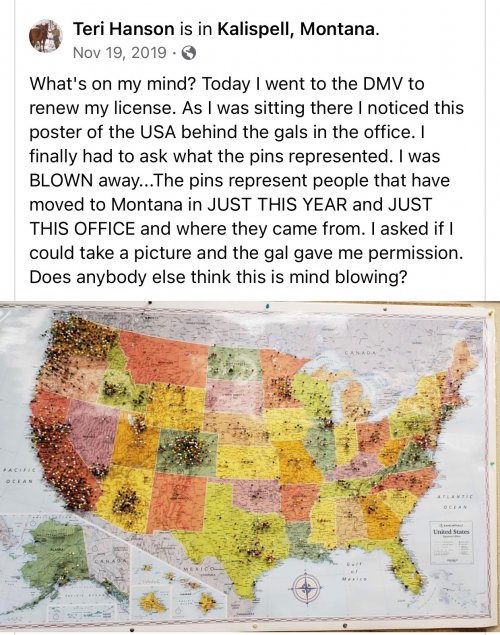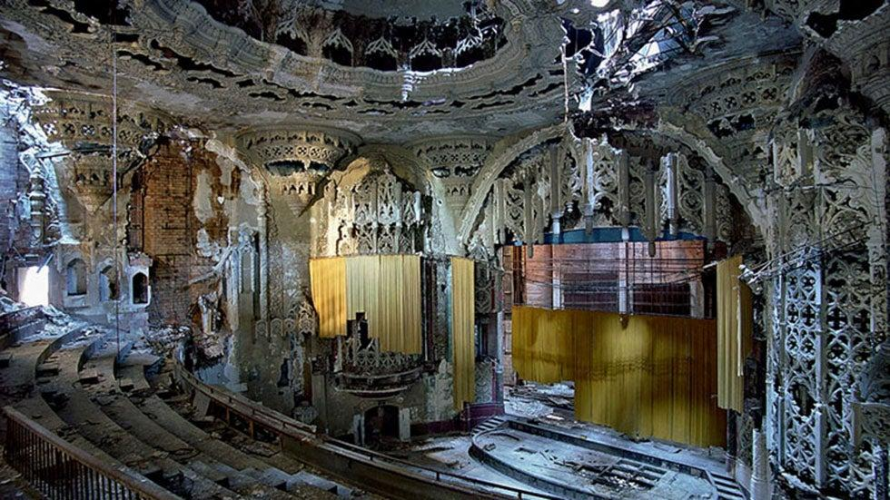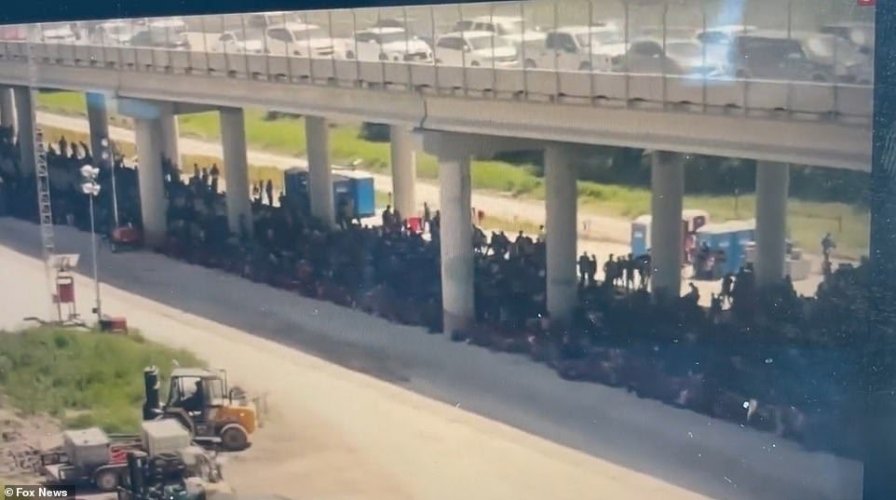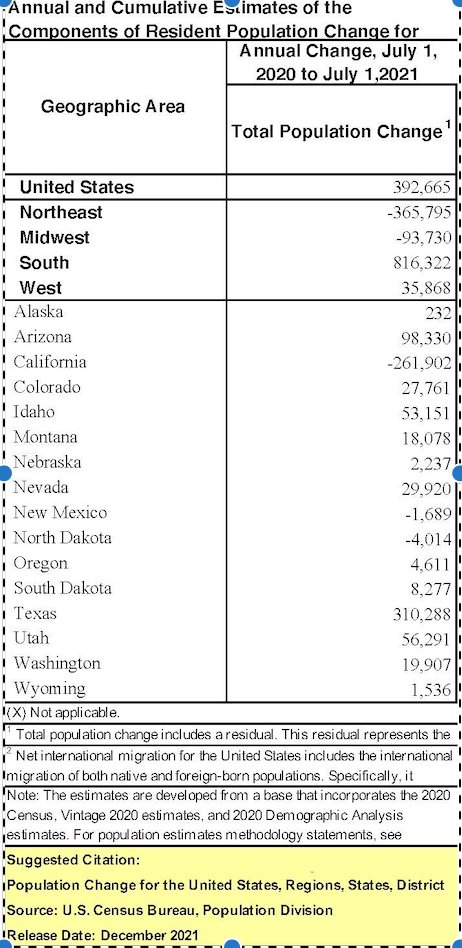Flathead / Lincoln County... hunting is a tricky maneuver as it's been, add in the 1000's moving from out of State and soon to be residents, along w/ falsified, "Resident" status while living elsewhere returning to their new home build or recent purchase...
R1 has been flipped as it is.
And our FWP Criminal Investigator(s) and Wardens were overwhelmed with Albertan's playing the "resident" game while entering the U.S. as, "tourists" B2's... wait til they are flooding Lincoln/Flathead once open to non essential again...
R1 has been flipped as it is.
And our FWP Criminal Investigator(s) and Wardens were overwhelmed with Albertan's playing the "resident" game while entering the U.S. as, "tourists" B2's... wait til they are flooding Lincoln/Flathead once open to non essential again...









